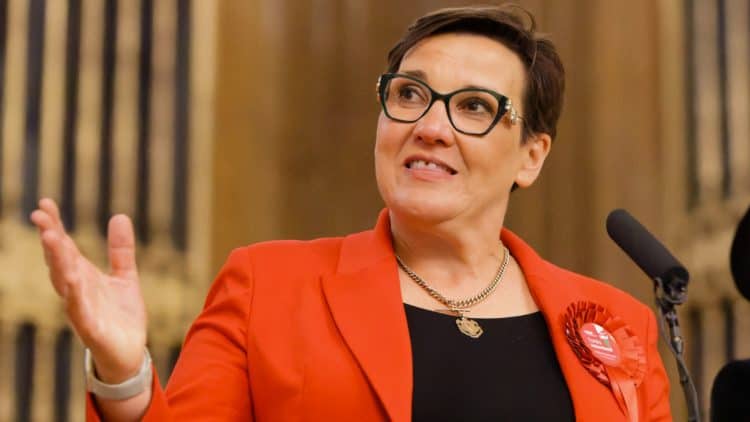MPs have voted to decriminalise abortion in England and Wales, marking one of the biggest shifts in reproductive rights since the 1967 Abortion Act.
The historic amendment, tabled by Labour MP Tonia Antoniazzi, passed by 379 votes to 137 – a rare free vote, meaning MPs weren’t bound by party lines.
It means women will no longer face criminal charges for ending their own pregnancies at any point – including after the current 24-week legal limit.
🧾 What’s changed?
Until now, abortion law in England and Wales was governed in part by the Offences Against the Person Act 1861 – a 19th-century piece of legislation that made it a crime for women to induce their own abortions.
While abortion was legalised in 1967 under strict conditions (and remains available up to 24 weeks), the underlying criminal framework has still allowed prosecutions in rare but controversial cases.
This amendment removes pregnant women from criminal liability under that Victorian-era law – a move campaigners say is long overdue.
🩺 What does the law say now?
Abortion is still regulated under the 1967 Act, meaning:
- Two doctors must approve an abortion up to 24 weeks.
- Abortions after 24 weeks are only legal in cases where the woman’s life is at risk or there are severe foetal abnormalities.
- The recent vote doesn’t scrap these medical rules – it simply stops women from being criminally prosecuted if they act outside them.
That said, healthcare professionals are still subject to existing restrictions, and those who assist outside the law could still face legal action – a sticking point that led some campaigners to back a different amendment.
💥 Creasy’s rival amendment falls short
Labour MP Stella Creasy proposed a more expansive change, which would have:
- Enshrined abortion as a human right
- Decriminalised both pregnant individuals and healthcare workers
- Created a new legal framework to future-proof abortion access
But Creasy’s proposal didn’t win enough support – even among pro-choice groups – and ultimately failed.
🌍 International pressure and Roe v. Wade echoes
The vote comes amid global attention on abortion laws, particularly after the US Supreme Court’s 2022 decision to overturn Roe v. Wade, sparking fears that hard-won rights could be stripped back in the UK too.
While Antoniazzi’s amendment is seen as a step forward, campaigners warn the battle for reproductive rights isn’t over.
You may also like: Watch: Sting slams Brexit and says UK should rejoin the EU





